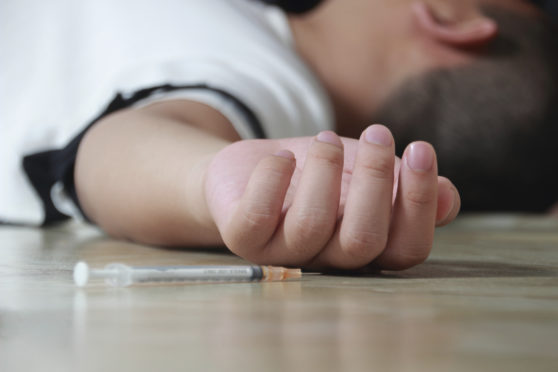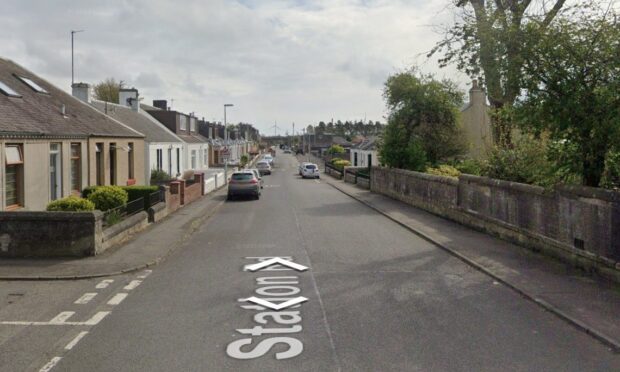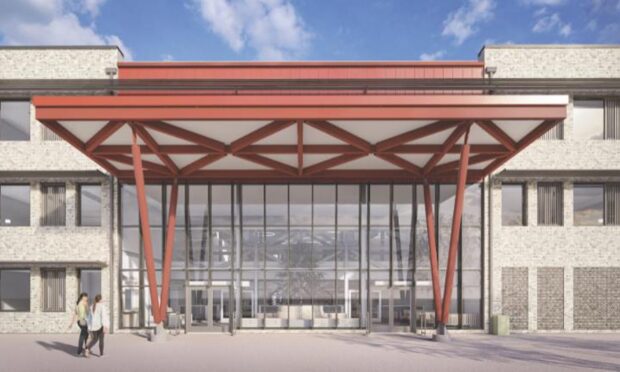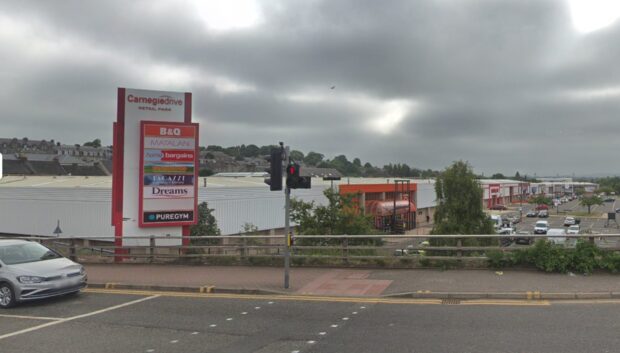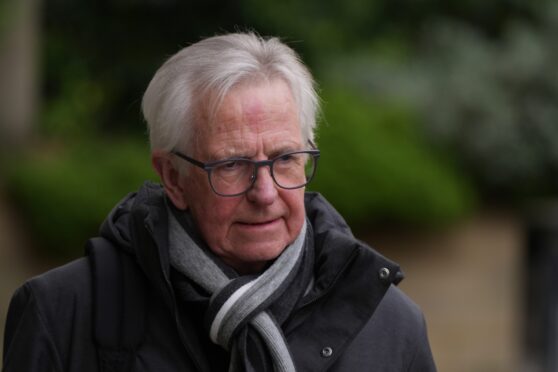I’ve written a lot about attitudes in this column in recent months, and the shocking scale of Scotland’s drug problem – laid bare by new statistics published this week – has spurred me on to do so again.
Figures showing that the number of drug deaths in Scotland rose by 27% year-on-year to a new high of 1,187 are nothing short of shameful, and if politicians here were calling the global climate change problem an “emergency” a few weeks ago then these statistics should probably be ringing even louder real alarm bells.
For while no-one can deny that we all have a part to play in combatting climate change, the fact Scotland is now home to the highest number of drug-related deaths in the EU is an unenviable and an unavoidable truth every one of us cannot ignore.
I’d venture that a fair proportion of society perhaps class these deaths as inevitable, that addicts make their own choices and have died as a result of those poor lifestyle choices.
But it is of course far more complex than that, with people’s circumstances, backgrounds and support networks – if they have any – all completely different and contributory to the paths their lives have taken.
Heroin continues to be the big problem, particularly in more deprived communities, and the drug was said to be implicated in or the cause of almost half the 64 deaths recorded in Fife alone last year.
Yet simply branding users as “scum”, or saying these people “deserve what they get”, which are two things I’ve heard a lot in the past week by the way, is as unhelpful as it is downright dangerous.
Each statistic is someone’s daughter, son, brother or sister, but away from the emotional side of things they also have a knock-on effect elsewhere in society.
On the back of 1,187 deaths, our overstretched police force effectively have to begin 1,187 investigations into identifying the dealers and trying to stop the scourge – and sadly Police Scotland does not have sufficient capacity to do that.
I’ve seen people blaming Westminster for the rise in drug deaths, suggesting austerity and the introduction of Universal Credit had turned the screw on those already struggling. And I’ve seen people blaming the SNP Scottish Government, and the Labour/Lib Dem executive before it, for not getting a handle on the issue or cutting funding where it is needed most.
Now, though, should not be the time for political point scoring.
If anything, the current sad state of affairs should shine a much-needed light on what’s actually happening in our communities, and refocus the minds of those in power on both sides of the border who appear somewhat detached from reality.
